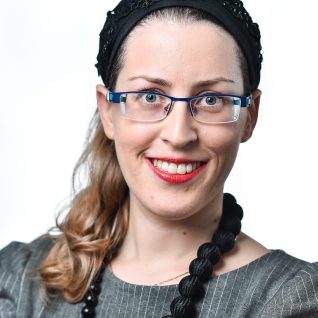Zehavit Kohen, Ph.D. is an Assistant Professor at the Faculty of Education in Science and Technology at the Technion and the head of the Mathematics Teachers Education & Development (MtED) lab. In her research, she focuses on the training and professional development of mathematics teachers, with a focus on researching the design and large-scale implementation of mathematical modelling tasks in a scientific-engineering context among professional communities of leading teachers, teachers, and students. Dr. Kohen has a B.Sc. in mathematics and computer science and a PhD in an integrated track in STEM education (summa cum laude) from Bar-Ilan University, which focused on developing pedagogical self-regulation among pre-service teachers in a technology environment supported by reflection in different foci. She was a Visiting Scholar at the Center to Support Excellence in Teaching (CSET) at Stanford University in the USA, studying the Hollyhock program for early-career mathematics teachers. During the years 2012-17, Dr. Kohen worked at the Faculty of Science and Technology Education and at the Samuel Neaman Institute for National Policy; her research focused on methods for promoting STEM education in Israel.
- Ph.D. – Education, Suma Cum Laude, Bar-Ilan University, 2011
- M.A. – Educational Technology, Cum Laude, Bar-Ilan University, 2005
- B.Sc. – Computer Science and Mathematics, Bar-Ilan University, 2003
- Teaching Certificate – Computer Science, Cum Laude, Bar-Ilan University, 2003
- Mathematics teachers’ education and development.
- Mathematical modelling in authentic STEM contexts



